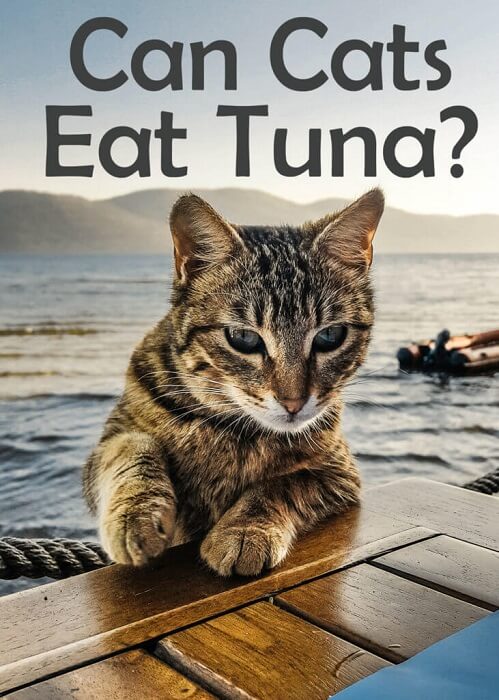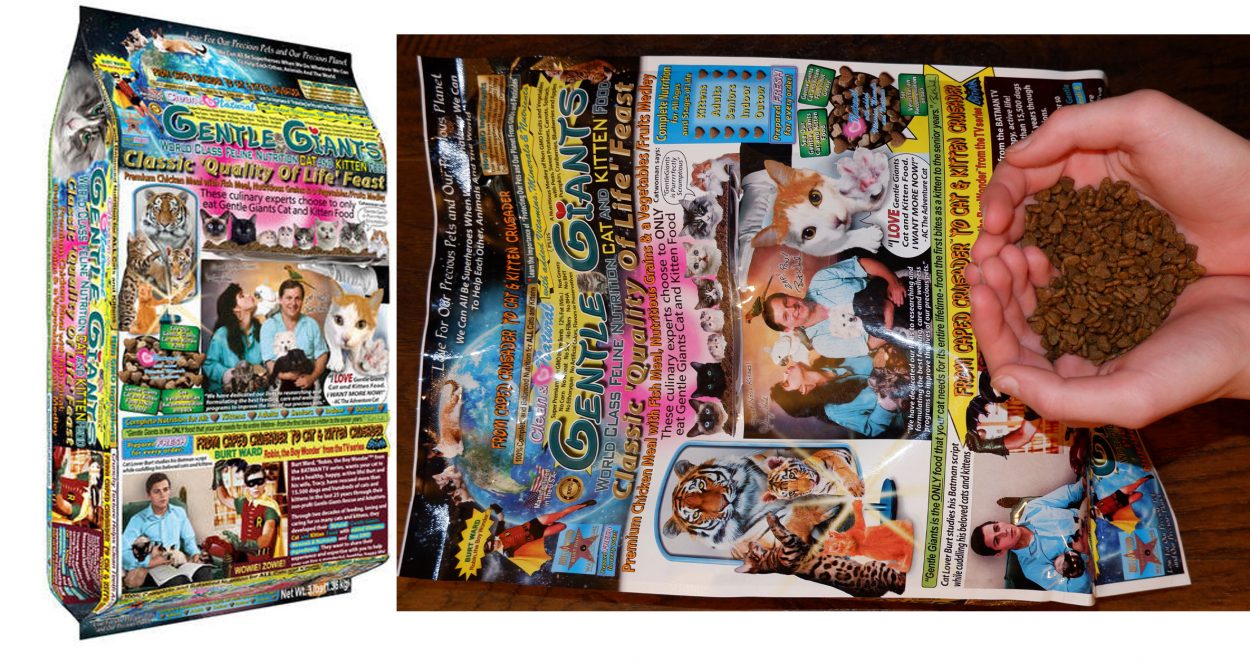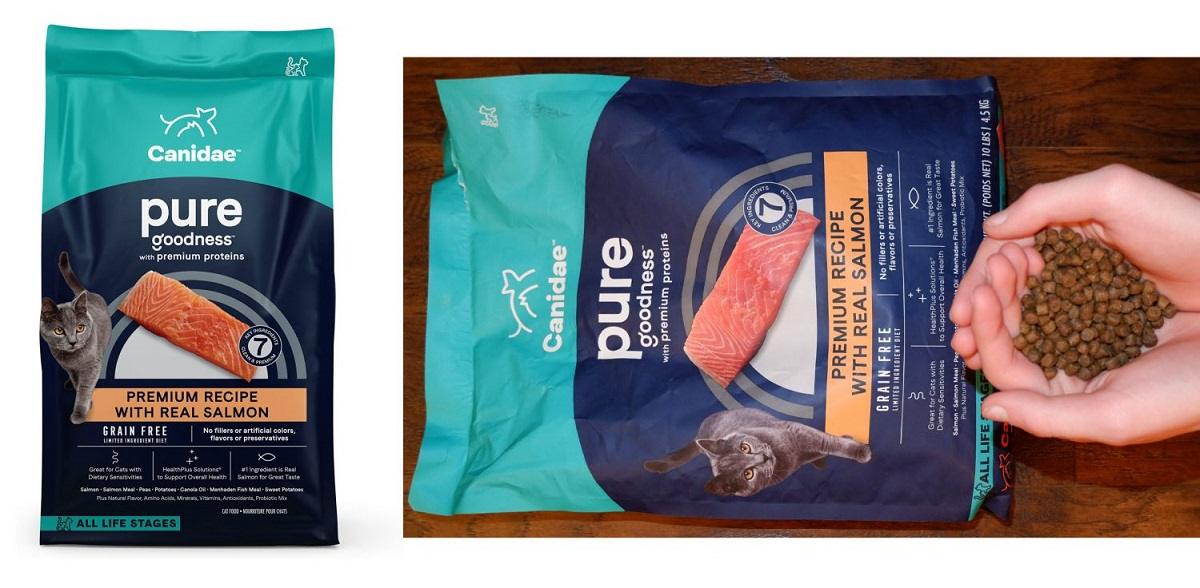Can Cats Eat Tuna?
This page contains affiliate links. We may earn money or products from the companies mentioned in this post through our independently chosen links, which earn us a commission. Learn More

Tuna is a common food for humans, whether it be a quick snack, out of the can, or as part of a larger meal. As much as cats love fish, they may show an affinity for tuna that outweighs even the hungriest human.
With so many tuna flavored cat foods and treats on shelves, it’s easy to assume that giving your cat tuna is a healthy snack or meal.
Tuna first gained popularity during the First World War, when soldiers overseas required a convenient, portable food that could sustain them during the war. Canned tuna became the food of choice, and by 1954, the United States was the largest tuna market in the world.
Tuna is typically caught in warm water and shipped frozen to factories, where they undergo processing and canning techniques before being sent off to the marketplace.
What Does Canned Tuna Contain?
Most brands of canned or packaged tuna typically add salt, canola oil and vegetable broth to increase the depth of flavor, but all tuna contains the same nutrients. The American Heart Association recommends eating fish at least twice a week, and tuna can help your fish intake and provide several benefits for your human body.
Tuna is packed with protein, omega-3 fatty acids and B vitamins, all of which promote good health and well-being for humans. For cats, it may not be the same.
Effects of Tuna
As well all know, cats can be very picky eaters, but they are often drawn to tuna because of their love of fish.
Cat diets can be quite simple, as they don’t require a huge variety of different foods to maintain good health. Just lots of protein-rich, meat-based product. Consuming tuna on a regular basis can help humans, but it provides little nutritional benefit for cats. The additional salt, oil and broth are not things that your cat needs and could also lead to health issues such as steatitis, an inflammation of your cat’s body fat.
Though not harmful to humans, canned tuna also contains mercury that, if built up over time, can eventually lead to mercury poisoning due to your cat’s smaller body size and inability for their body to cope.
Some symptoms of mercury poisoning include:
- Disorientation
- Unable to stand or walk
- Depression
- Anxiety
- Vomiting
- Diarrhea
- Lack of appetite
- Poor color
- Abdominal pain
Is Raw Tuna Ok?
Human-grade sushi is generally safe for humans, but it can cause gastrointestinal upset in cats. There is thiaminase in raw fish that could break down an essential B vitamin called thiamine in cats. Thiamine deficiency can cause neurological problems and lead to convulsions. There are a few other risks with raw fish, mainly that it can have bacteria that can cause food poisoning.
Should Cats Eat Tuna?
Cats can eat a small amount of tuna as a treat, but follow recommended guidelines. Feeding tuna to your cat regularly may cause health problems later on. Keep in mind, tuna-based cat foods and treats are designed for feline consumption.
Canned tuna contains fatty oils and nutrients for humans, but tuna-based cat food is created to provide a healthy amount of protein while keeping mercury intake at a safe level.
It is important to vary your cat’s food to achieve the optimum nutritional value and overall meal enjoyment, but tuna-based cat food isn’t harmful. Healthy, grain free canned cat foods such as Wellness Natural Grain Free Minced Tuna or Fancy Feast Classic Feast Ocean Whitefish & Tuna have fish as the first ingredient and may satisfy your cat’s craving for tuna.
Conclusion
Just like most food meant for humans, it is best to be cautious before feeding your cat too much tuna. Try feeding your tuna loving cat a diet that is made up of high-quality cat food formulated specifically for cats.


